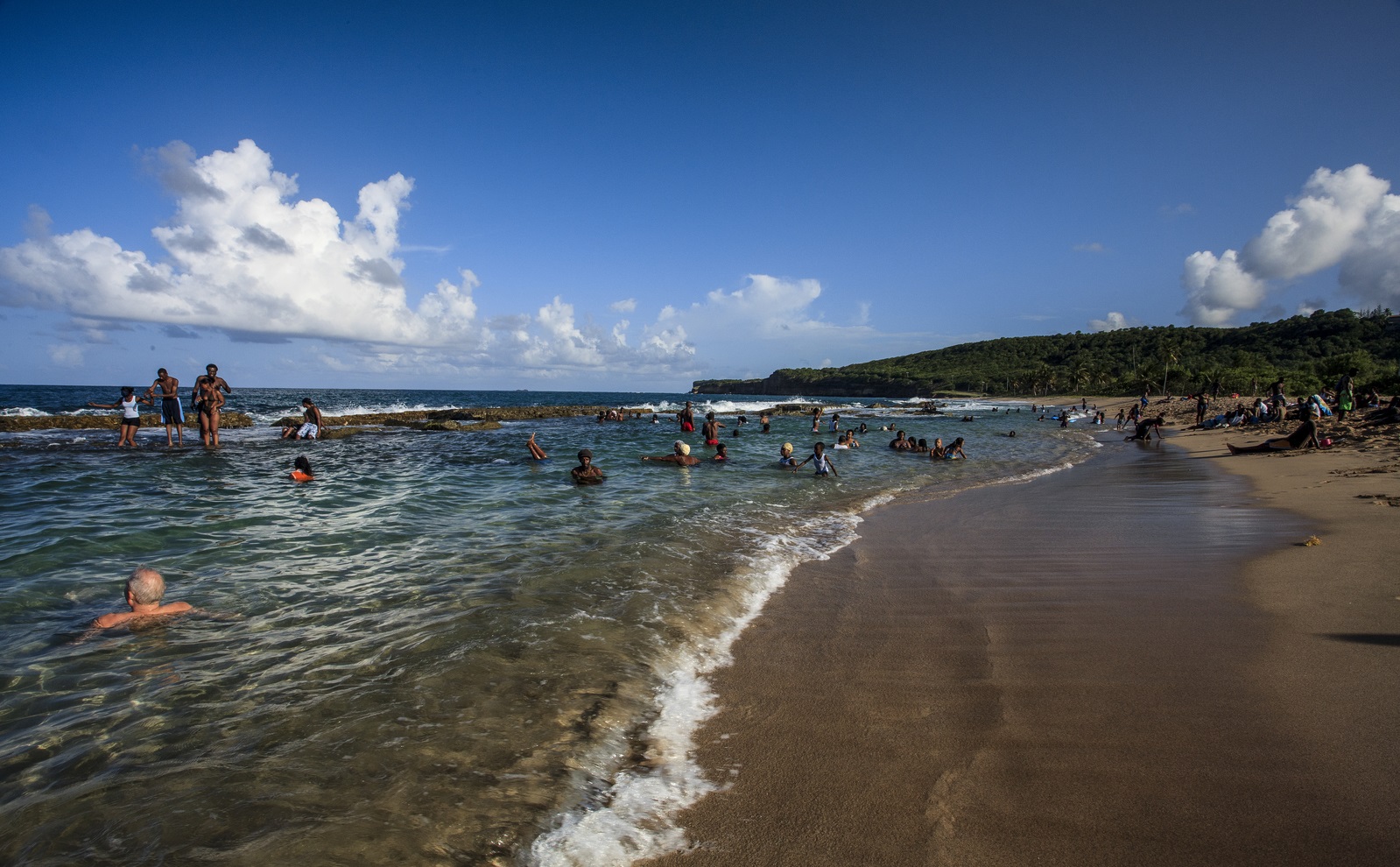Organisation of Eastern Caribbean States – Caribbean Regional Oceanscape Project
Overview
Ocean resources in the Caribbean have the potential to make a much greater contribution to poverty reduction and shared prosperity for the region’s growing population of 40 million, and to increase their resilience to climate change. However, the natural systems underpinning the health of the Caribbean Sea are changing at an alarming rate and scale, largely due to human action occurring in the context of weak institutions. The Caribbean region has been at the forefront of a movement towards a blue economy. The region is home to a growing number of developing states that share the Caribbean Sea and have embraced the concept as the centerpiece of future growth strategies. Within the region, the Organization of Eastern Caribbean States (OECS) Commission has established an Ocean Governance and Fisheries Program with a mandate to support articulation of clear policy frameworks for governance of the many economic activities dependent on the Caribbean Sea and to promote greater consideration of the ecosystem functions and services which the ocean provides for member states. Further, the OECS Heads of Government endorsed the Eastern Caribbean Regional Ocean Policy (ECROP) in 2013, and the ECROP was revised in 2019 to align with SDGs (Sustainable Development Goals).
Caribbean Regional Oceanscape Project (CROP) was designed in alignment with ECROP and has an overall objective to develop and implement integrated ocean governance policies to leverage sustainable public and private investment in the waters of OECS member states and other participating Caribbean countries. The CROP project was finalized in December 2021. The first component of the CROP project was to strengthen ocean governance by: a) development of coastal and marine spatial plans and associated training; and b) development of national ocean strategies/policies for participating countries and enhanced alignment of the OECS ECROP with the 2030 Development Agenda and recent Multilateral Environmental Agreements. This will require the adoption of multiple-use ocean planning and integrated management techniques for better decision-making across transboundary marine systems to achieve regional blue economy aspirations. Subcomponents of this effort included:
- Developing five dynamic Marine Spatial Plans (MSP) for better decision making in the participating countries: national MSPs for each of Grenada, Saint Lucia, St. Vincent and the Grenadines, Dominica, and St. Kitts and Nevis, and one regional marine spatial planning framework;
- Developing national coastal blue growth master plans;
- Conducting capacity building and training for staff and decision makers for marine spatial planning, implementation and integrated ocean governance; and
- Developing and implementing more effective regional and sectoral policies and strategies.
Under this project, The Nature Conservancy used its Mapping Ocean Wealth approach to develop ecosystem service models at the scale of the Eastern Caribbean. The team refined and adapted existing coral reef tourism and fisheries models, and developed novel methodologies to characterize recreational fishing and and wildlife tourism values in participating Eastern Caribbean countries (Dominica, Grenada, St. Kitts and Nevis, Saint Lucia, and St. Vincent and the Grenadines). These data will support these countries in ongoing and future marine spatial planning through the direct provision of spatially explicit information on their ecosystem service values, particularly relating to fisheries and nature-based tourism. The products include existing information, new information generated locally, and the provision of both tools and training to enable practical use and application of ecosystem services values into planning.
TNC’s Role
- Process facilitation.
- Science/technical expertise
TNC led the feasibility assessment for this effort. TNC has also been engaged under this project to develop ecosystem services data which will be used to inform the MSP.
Project Partners
Lead Institution: Organisation of Eastern Caribbean States Commission
Other Partners: World Bank, GEF
Project Type and Status
Development of the ecosystem services datasets, and the overall development of MSP is underway. Both projects are slated for completion in 2021.
Fact Sheets and Project Links
- Mapping Ocean Wealth/CROP Project Overview
- Organisation of Eastern Caribbean States Oceans Governance and Fisheries
Contact
Sherry Constantine, Ph.D.
Senior Program Manager
Caribbean Division
Email: sconstantine@tnc.org
Photo credit: © Marjo Aho for The Nature Conservancy

